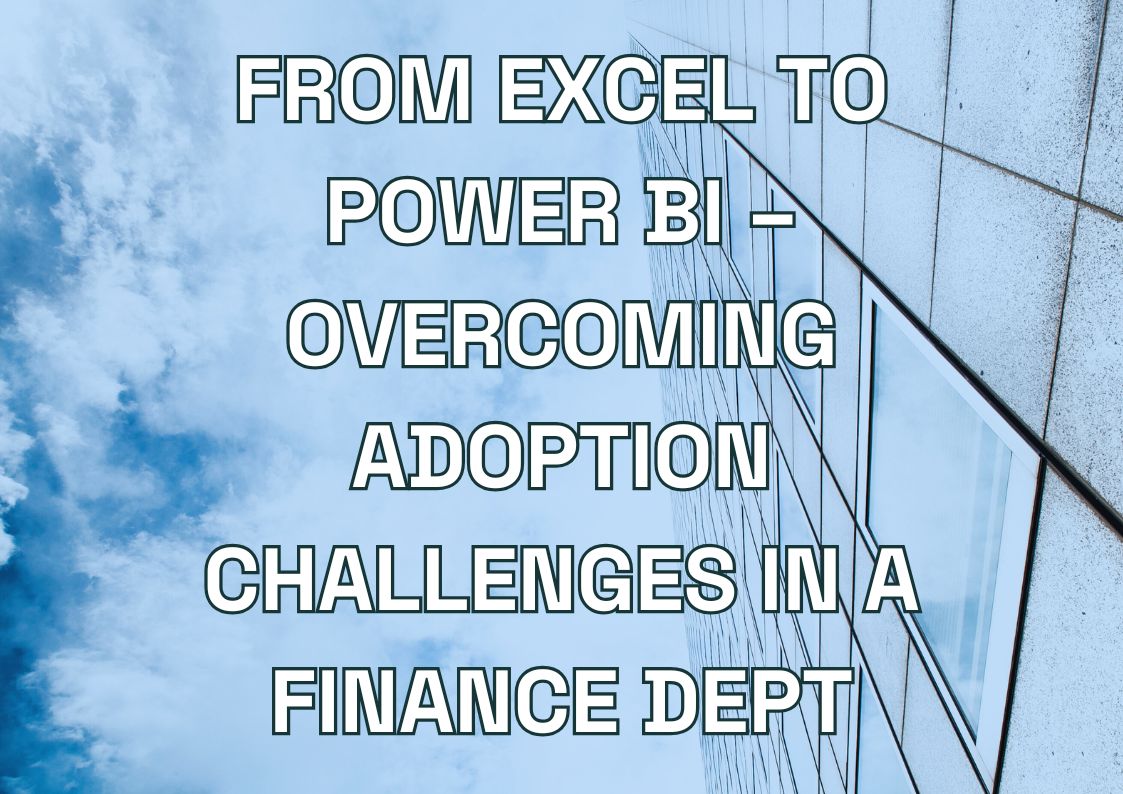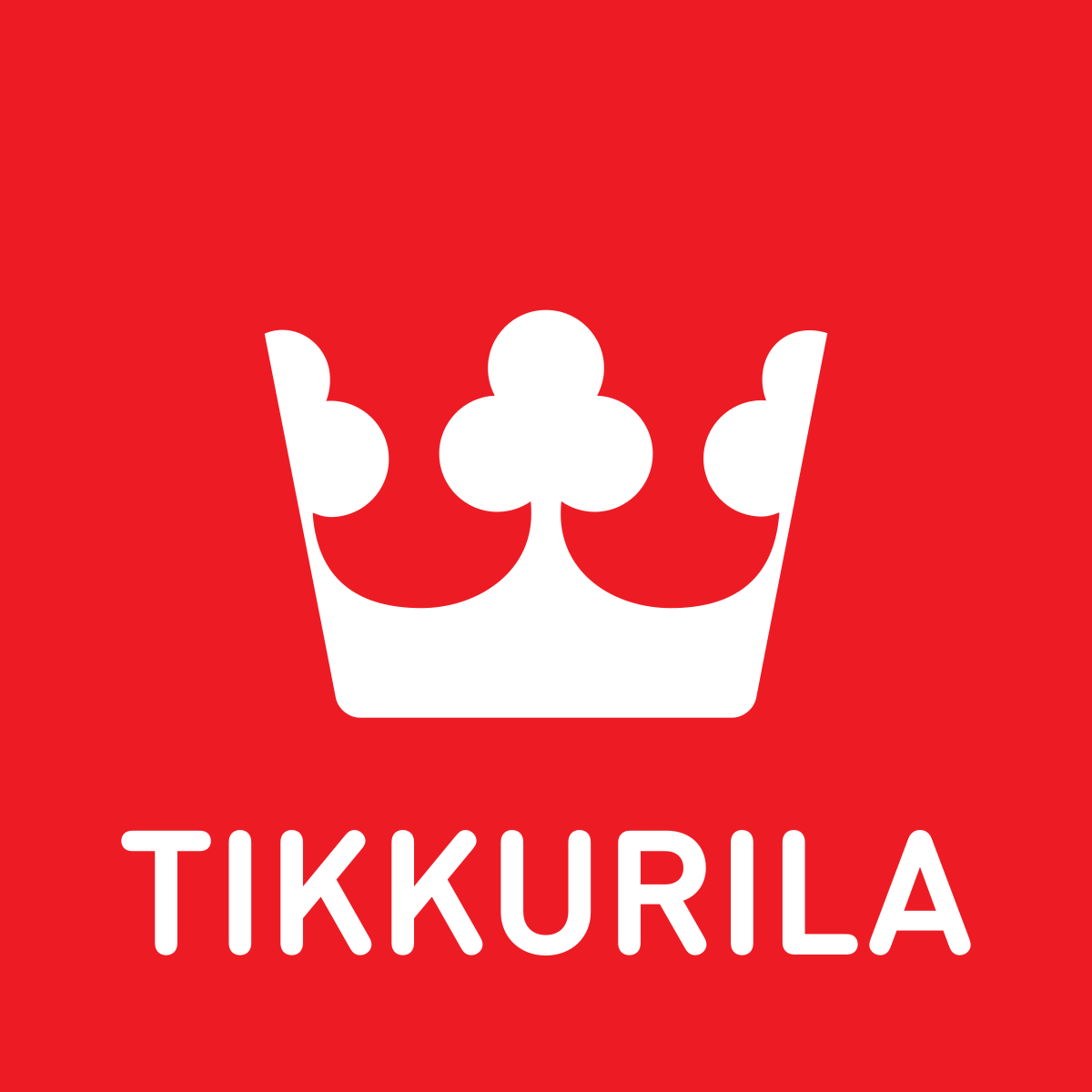How do banks stay competitive in an era of constantly evolving customer expectations? The answer lies in effective customer relationship management in banking. As the banking sector becomes increasingly digitized, the need to build and maintain strong client relationships has never been more critical. Customer Relationship Management (CRM) systems are at the heart of this transformation, enabling financial institutions to deliver personalized experiences, streamline operations, and make data-driven decisions that enhance customer satisfaction and loyalty.
In this comprehensive guide, you will discover the core concepts of CRM in the banking industry, the pivotal role these systems play in modern financial institutions, and the key features that make banking CRM systems indispensable for success. We’ll also delve into the tangible advantages of CRM in banking sector implementation, such as improving customer retention, boosting operational efficiency, and supporting data-driven strategies that drive growth. Additionally, you’ll find a comparative analysis of the best CRM for investment bankers and other financial service providers, along with expert insights into overcoming challenges related to CRM software for banking industry implementation.
What is CRM in Banking? Core Concepts Explained
Customer Relationship Management in the banking sector refers to the strategic approach that banks and financial institutions use to manage interactions with current and potential customers. At its core, CRM in banking and financial services involves leveraging technology to gather, analyze, and utilize client data to enhance banking relationship management, improve service offerings, and drive business growth. Unlike general systems used in other industries, CRM for the banking industry is specifically designed to address the unique challenges of the financial sector. These sophisticated systems help banks maintain comprehensive customer profiles, track interactions across multiple channels, and deliver personalized services that meet the complex needs of individual clients.
In the context of retail banking CRM, these systems play a crucial role in customer segmentation, targeting, and retention strategies. They enable banks to gain a 360-degree view of their clients, allowing for more informed decision-making and superior bank client relationship experiences. By tailoring financial products and services to individual preferences and behaviors, financial institutions can build stronger, more profitable relationships with their customers and gain a competitive edge.
Revolutionize Your Banking CRM
Enhance customer engagement and optimize banking operations with custom Fintech software solutions, helping deliver superior customer experiences.
Design cutting-edge solutions to enhance banking CRM strategy.

Design cutting-edge solutions to enhance your banking CRM strategy and delight customers.

Customer Relationship Management in Banking – The Role of CRM
Banking CRM systems have become essential tools in the financial sector, where managing customer relationships effectively is critical to success. The value of CRM in retail banking lies in its ability to centralize and organize extensive customer data, providing institutions with a deeper understanding of customer needs and behaviors. By integrating data from various touchpoints—such as in-branch visits, online banking, mobile apps, and call centers—banking customer service software creates detailed client profiles that inform every interaction.
Moreover, commercial banking CRM plays a vital role in building and maintaining strong customer relationships. These systems enable personalized communication, ensuring that each client receives relevant offers, timely updates, and consistent support across all channels. This personalized approach enhances customer satisfaction and fosters loyalty, which is increasingly important in an era where customers have numerous banking options. Additionally, CRM in banking and financial services helps institutions identify opportunities for cross-selling and upselling, further contributing to growth and revenue generation.
Key Features of CRM Systems in the Banking Sector
CRM banking software offers a range of specialized features tailored to meet the unique demands of financial institutions. These powerful tools transform how banks should have customer relations when serving both retail and commercial clients.
-
Comprehensive Customer Profiles
These profiles aggregate all relevant customer information—such as personal details, account history, transaction records, and communication preferences—into a single unified view. This comprehensive perspective allows banking professionals to better understand client needs and deliver superior relationship management in banking.
-
Interaction Tracking
CRM for private banking and retail operations tracks every customer interaction, whether through phone calls, emails, branch visits, or digital channels. This feature ensures that all communications are documented, providing a consistent customer experience across all touchpoints and helping institutions understand how to improve customer relationship in banking.
-
Personalized Communication Tools
Modern banking CRM systems enable financial institutions to send targeted messages and offers based on individual customer data. For instance, a CRM system might trigger an automatic email offering a mortgage refinancing option to customers who meet specific criteria, enhancing the relevance and impact of communications while strengthening customer relationship management in financial services.
-
Data Analytics and Reporting
Advanced CRM software for banking industry offers powerful analytics capabilities that help banks identify trends, forecast customer needs, and assess the effectiveness of marketing campaigns. This data-driven approach supports more informed decision-making and continuous strategy refinement—a critical capability when determining when banks should better customer relations.
-
Automation Features
Automation is crucial for streamlining processes like customer onboarding, follow-up communications, and compliance checks. By automating routine tasks, customer relationship management in retail banking becomes more efficient, reducing operational costs and the risk of human error while improving service delivery.
Benefits of CRM Software Implementation in Banking
The implementation of CRM banking software offers a multitude of advantages that go beyond just managing customer interactions. These sophisticated systems provide significant technical and business benefits, helping financial institutions enhance customer relationship management in retail banking, streamline operations, and make data-driven decisions that drive growth and competitiveness in today’s challenging market.
Enhanced Customer Experience in Retail Banking with CRM
CRM in retail banking significantly improves customer service by analyzing comprehensive data to understand individual preferences and needs. For example, a robust CRM can track a customer’s interaction history across all touchpoints, enabling tailored recommendations and proactive service delivery. This level of personalization substantially boosts customer satisfaction, fosters long-term bank client relationships, and reduces churn rates—ultimately increasing customer lifetime value and strengthening the institution’s market position.
Streamlining Banking Operations Through CRM
CRM in banking and financial services streamlines operations by automating critical processes like sales management and customer service workflows. It significantly reduces manual workloads, allowing staff to focus on more strategic, value-adding tasks. The centralized data repository ensures all departments have access to up-to-date information, dramatically improving productivity and service delivery while creating a more cohesive approach to banking relationship management.
Data-Driven Decisions in Financial Services CRM
Another key advantage of CRM in banking sector is that it empowers institutions to make strategic decisions based on comprehensive customer data analysis. By meticulously analyzing interactions and behaviors, banking CRM systems identify patterns, forecast customer needs, and measure the success of various initiatives. These data-driven insights optimize marketing, sales, and service strategies, while also aiding in risk management and regulatory compliance—critical factors in today’s highly regulated financial environment.
Best CRM Solutions for Banks & Financial Institutions
With numerous options available in the market, it’s essential to understand the strengths and limitations of each platform to determine the best CRM for investment bankers and other financial professionals. In this section, we explore top CRM software for banking industry solutions, comparing their features, usability, and pricing to assist decision-makers in making an informed choice that aligns with their institution’s specific needs.
Leading CRM Platforms for the Banking Industry
Several CRM platforms have gained prominence in the banking sector due to their specialized features and capabilities tailored for customer relationship management in financial services. Below are some of the leading solutions widely adopted by financial institutions:
Salesforce Financial Services Cloud:
- Features: Personalized client engagement, real-time insights, and robust collaboration tools.
- Strength: Exceptional scalability and extensive customization options for commercial banking CRM needs.
- Consideration: Higher price point, but suitable for banks of all sizes seeking comprehensive functionality.
Microsoft Dynamics 365 for Finance and Operations:
- Features: Sophisticated customer data management, predictive analytics, and automated workflows.
- Strength: Seamless integration with Microsoft products, enhancing existing IT infrastructure.
- Consideration: More complex implementation process, though competitive pricing for the value delivered.
Oracle CX for Financial Services:
- Features: AI-driven insights, strong security protocols, and multi-channel management capabilities.
- Strength: Advanced analytics and compliance features designed for relationship management in banking.
- Consideration: Higher-end pricing, primarily designed for enterprise-level financial institutions.
HubSpot CRM:
- Features: Intuitive contact management, email marketing capabilities, and sales pipeline tracking.
- Strength: Exceptionally user-friendly, affordable option ideal for smaller financial institutions.
- Consideration: Lacks some of the advanced features of larger platforms specifically designed for banking.
Selecting CRM Software in Banking: Key Criteria
When selecting a CRM system for a financial institution, it’s crucial to consider several key criteria to ensure that the chosen platform aligns with the organization’s specific needs and long-term strategic goals. Below are some essential factors to keep in mind when evaluating banking customer service software options:
-
Scalability:
Banks must choose a CRM for banking industry solution that can grow with their business. As customer bases expand and the demand for personalized services increases, the CRM system should be capable of handling larger volumes of data and more complex workflows without compromising performance or requiring complete replacement.
-
Customization Options:
The ability to tailor the CRM system to the specific needs of the bank is vital for effective customer relationship management in banking sector. This includes customizing user interfaces, workflows, and reporting tools to match the bank’s operational processes. A CRM that offers robust customization options allows the institution to create a more efficient and effective system that aligns with its unique requirements and customer service philosophy.
-
Integration Capabilities:
Seamless integration with existing systems, such as core banking software, marketing platforms, and customer support tools, is essential for maximizing the banking CRM systems effectiveness. The chosen CRM should offer straightforward integration with the bank’s current technology stack, ensuring a unified approach to customer relationship management in financial services across all departments and touchpoints.
-
User Experience and Adoption:
A CRM system’s success depends significantly on user adoption throughout the organization. The platform should be intuitive and user-friendly to encourage widespread use among bank employees at all levels. Comprehensive training resources, responsive support, and an active user community are also important factors that can influence the ease of adoption and help banks determine how to improve customer relationship in banking through technology.
-
Data Security and Compliance:
Given the sensitive nature of customer data in the banking industry, CRM in banking and financial services must adhere to strict security standards and regulatory compliance requirements. Features such as advanced encryption, granular access controls, and comprehensive audit trails are essential to ensure data protection and meet industry regulations that dictate when banks should better customer relations with technology investments.
-
Cost and ROI:
While cost is a significant consideration, it’s important to evaluate the CRM system’s total cost of ownership, including licensing fees, implementation costs, and ongoing maintenance. Financial institutions should also thoroughly assess the potential return on investment (ROI) by considering how the CRM for private banking will improve customer retention, operational efficiency, and revenue generation over time.
Challenges in Implementing CRM in the Banking Sector
Implementing a CRM system in a banking environment can be a transformative step, but it also comes with its own set of challenges. Addressing these challenges effectively is crucial to realizing the full benefits of CRM in the banking industry. In this section, we explore some of the key challenges financial institutions may encounter during CRM implementation and provide insights on how to overcome them.
Data Security in Banking CRM: Compliance & Risks
Data security is absolutely critical in the banking sector where trust is paramount. Financial institutions must protect sensitive customer data and ensure compliance with regulations like GDPR, CCPA, and industry-specific mandates. When implementing banking CRM systems, organizations should select solutions with robust security features—including end-to-end encryption, role-based access controls, and comprehensive audit trails. It’s equally important to establish clear data governance policies and conduct regular security audits to ensure ongoing compliance and protect the bank client relationship from potential data breaches.
Integrating CRM with Existing Banking Systems
Integrating a modern CRM system with legacy banking platforms and core systems can present significant technical challenges. Financial institutions should opt for CRM banking software designed specifically for seamless integration with banking infrastructure, featuring open APIs and pre-built connectors to common banking systems. During implementation, ensuring accurate data migration with thorough cleaning and validation processes is essential to maintain data integrity across all systems and preserve the quality of customer relationship management in retail banking.
Employee Training and CRM Adoption Strategies
The success of any CRM for banking industry implementation ultimately depends on employee training and adoption across all levels of the organization. Banks should invest in tailored training programs that clearly demonstrate how the CRM improves specific daily tasks and enhances relationship management in banking. Involving employees in the selection and implementation process from the beginning helps foster ownership and significantly reduces resistance to change—a critical factor in determining when banks should better customer relations through technology adoption.
Maximizing CRM Benefits in the Banking Industry
Successful CRM in banking and financial services implementation requires careful consideration of data security, system integration, and employee adoption strategies. By addressing these challenges head-on with a structured approach, banks can fully realize the advantages of CRM in banking sector and drive long-term growth through improved customer relationships and operational efficiency.
Whether you’re looking to enhance customer relationship management in financial services, streamline operations, or drive data-driven strategies, Multishoring has the expertise and tailored solutions to help you achieve your specific goals.
With over 10 years of specialized experience in IT sourcing and software development for the financial sector, our team of experts can guide you through every step of implementing CRM in retail banking—from selecting the right platform to ensuring smooth integration with your existing systems and providing ongoing support to maximize your return on investment.
Multishoring’s CRM Solutions for the Banking Sector
Let's talk about your IT needs

Let me be your single point of contact and lead you through the cooperation process.
Choose your conversation starter
Signed, sealed, delivered!
Await our messenger pigeon with possible dates for the meet-up.








